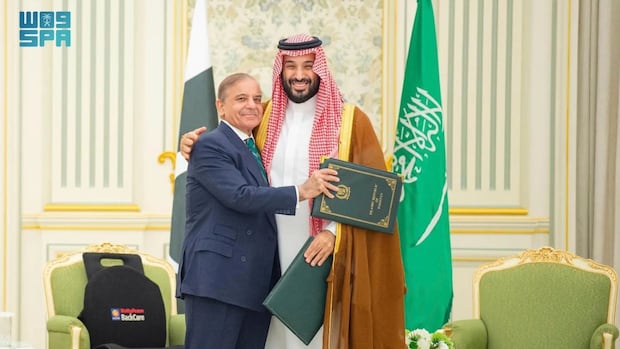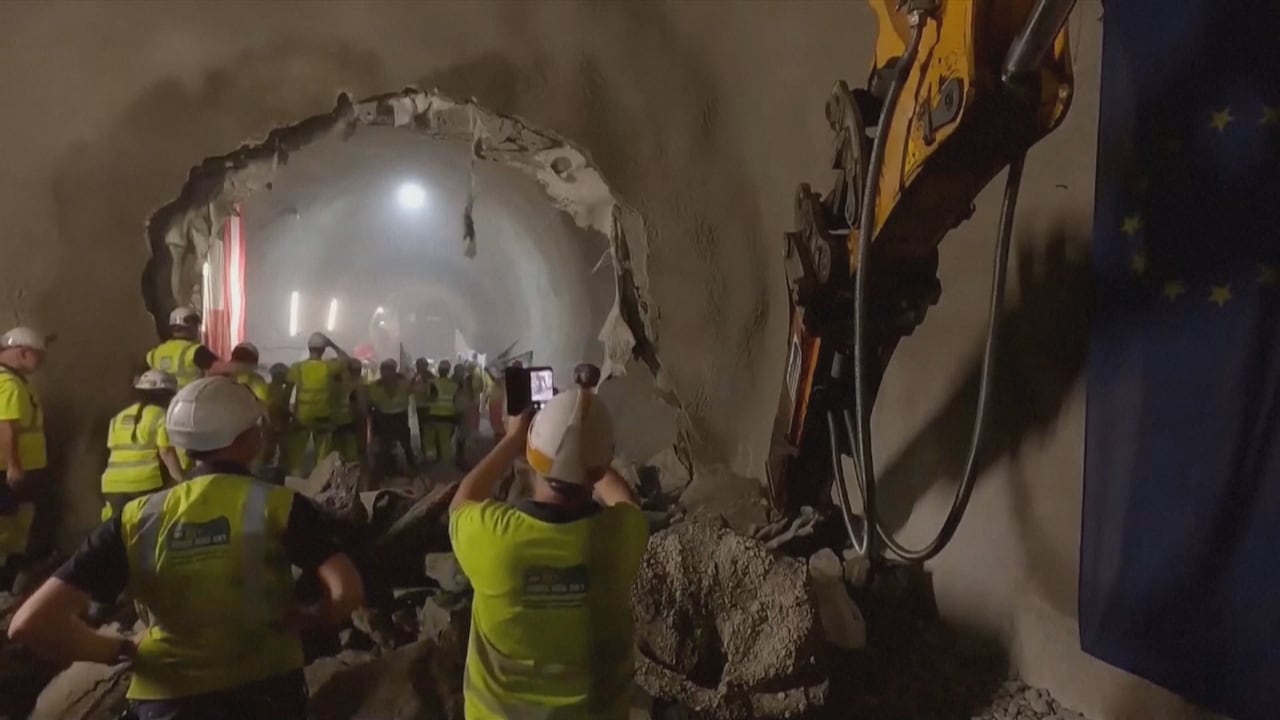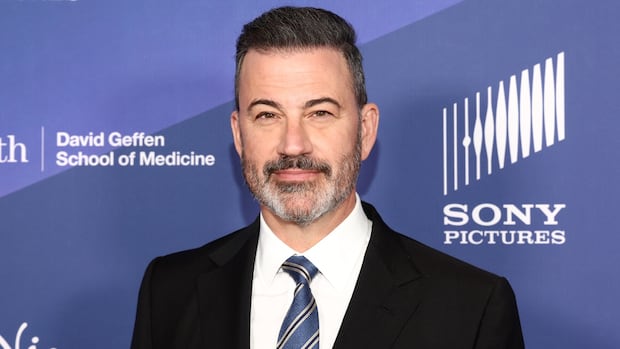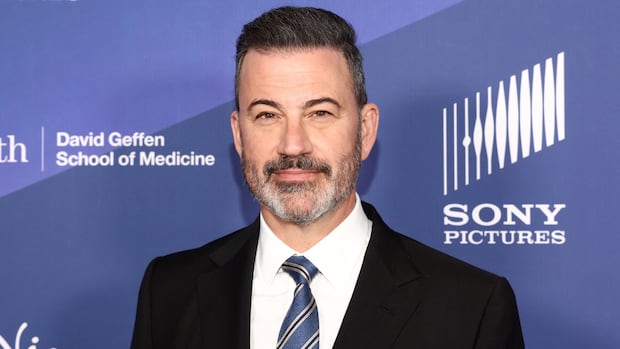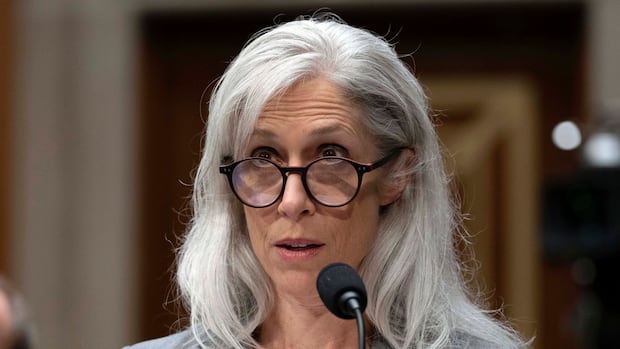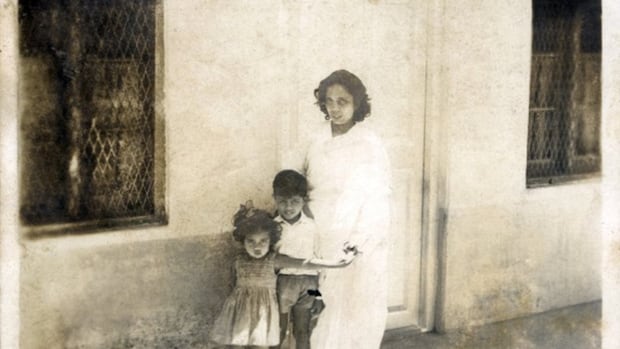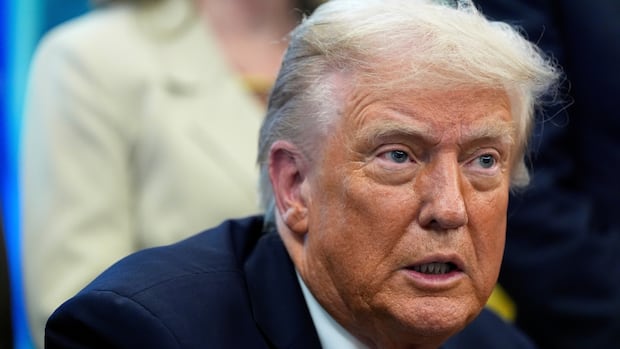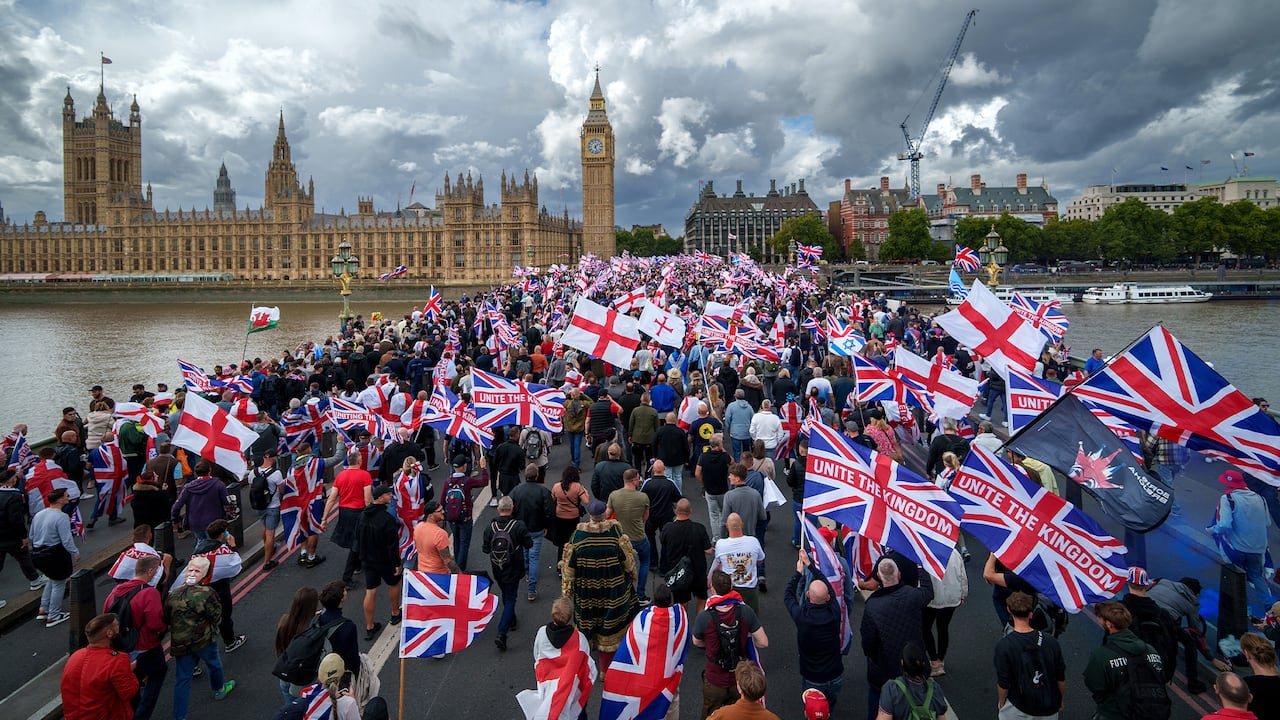Pakistan's defence minister has said that his nation's nuclear program "will be made available" to Saudi Arabia if needed under the countries' new defence pact.
Defence Minister Khawaja Mohammad Asif's comments to Geo TV late Thursday night were the first specific acknowledgement that Pakistan was placing Saudi Arabia under the umbrella of its nuclear arms.
"What we have, and the capabilities we possess, will be made available to [Saudi Arabia] according to this agreement," Asif said.
"If either country is attacked, we will respond jointly," he added.
The two countries signed a defence deal Wednesday declaring that an attack on one nation would be an attack on both.
Neither country has responded to questions about the pact and what it meant in regards to possibly accessing Pakistan's nuclear arsenal.
Saudi Arabia already is believed to have a domestic ballistic missile program, which can be a delivery system for a nuclear weapon. Still, the kingdom is a member of the Nuclear Nonproliferation Treaty and is not known to have moved toward acquiring the bomb through its own work.
Saudi Arabia has sought U.S. assistance to advance a civilian nuclear power program, in part with what had been a proposed diplomatic recognition deal with Israel, as U.S. President Donald Trump had hoped to expand the Abraham Accords to include Saudi Arabia during his second term. But Riyadh has made it clear it will not establish ties with the Israelis until the Israel-Hamas war has ceased and there is a path to Palestinian statehood.
This week's move is seen by some as a signal to Israel, long believed to be the Middle East's only nuclear-armed nation. It comes after Israel's attack targeting Hamas leaders in Qatar last week killed six people and sparked new concerns among Gulf Arab nations about their safety amid the Israel-Hamas war.
Saudi Arabia has long been linked to Pakistan's nuclear program. Retired Pakistani Brig. Gen. Feroz Hassan Khan has said Saudi Arabia provided "generous financial support to Pakistan that enabled the nuclear program to continue, especially when the country was under sanctions," a reference to U.S. sanctions Pakistan has faced for years over its pursuit of the bomb.
 The Saudi Arabia Navy Ship Hail takes part during the multinational naval exercise AMAN-25 in the Arabian Sea near Pakistan's port city of Karachi on Feb. 10. (Asif Hassan/AFP/Getty Images)
The Saudi Arabia Navy Ship Hail takes part during the multinational naval exercise AMAN-25 in the Arabian Sea near Pakistan's port city of Karachi on Feb. 10. (Asif Hassan/AFP/Getty Images)Pakistan's stated nuclear doctrine says that its weapons are solely aimed against long-term adversary India, with both countries going nuclear in the 1990s.
Pakistan, the only nuclear-armed Muslim nation, is one of the poorer countries in Asia, but it has an army of more than 600,000 soldiers to defend against its much larger adversary, with which it has fought three major wars. The countries have had numerous smaller clashes, including a four-day conflict in May that was their heaviest fighting in decades.
India is believed to have an estimated 172 nuclear warheads, while Pakistan has 170, according to the U.S.-published Bulletin of Atomic Scientists.
But Pakistan struggles to compete with an Indian defence budget that is at least seven times as big, meaning any new Saudi injection of funds could even the balance somewhat. Ties between the countries increased after Iran's 1979 Islamic Revolution and the kingdom's fears of a confrontation with Tehran, and Saudi Arabia has helped Pakistan financially for decades.
Pakistan's Prime Minister Shehbaz Sharif thanked the Saudi crown prince, Mohammed bin Salman, for "his keen interest in expanding Saudi investments, trade and business ties," in a statement on Thursday.
India said on Thursday it would "study the implications of this development for our national security as well as for regional and global stability."
Israel and the U.S. have not made comment on the deal.


